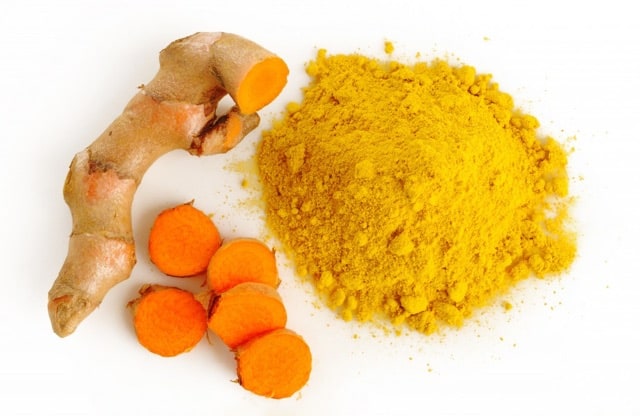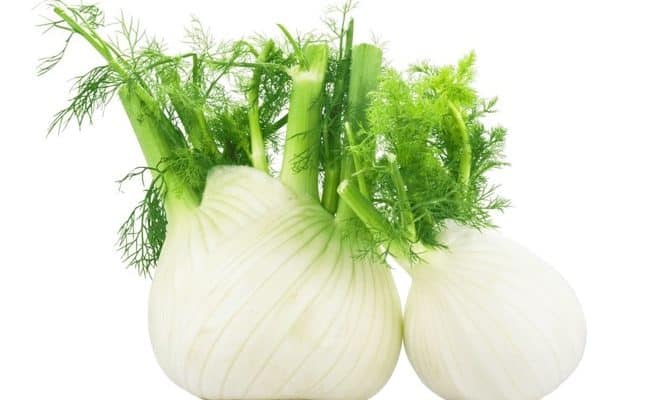
Turmeric is one of the main spices used in curries and is abundant in Indian and Southeast Asian cultures. Turmeric has been used as an herbal remedy for thousands of years for various health conditions. Scientific research studies also suggest that turmeric may have some powerful health benefits.
Turmeric is high in antioxidants, and the main antioxidant curcumin in turmeric has been shown to provide many health benefits. In fact, there are over 1,000 studies looking at the relationship between curcumin, the antioxidant found in turmeric and various diseases.
Curcumin is what gives turmeric its distinctive yellow color.
Here are some benefits for turmeric shown from research studies. Medline Plus suggests more research is needed to validate most health claims related to turmeric, but these are some initial benefits shown from turmeric.
Keep in mind taking turmeric supplements can be contraindicated if you are on certain medications or for some medical issues.
1. Lowering pain with arthritis
Some research studies have shown that turmeric can help lower pain related to arthritis even as much as ibuprofen. Turmeric has been used for centuries for anti-inflammatory purposes.
Therefore, it may make sense that turmeric has been shown to have a positive effect in some inflammatory diseases such as arthritis.
2. Alzheimer’s risk
The research studies on Alzheimer’s disease and turmeric are somewhat mixed. On one hand, epidemiological studies show that Alzheimer’s disease is lower in places that consume a high amount of turmeric, like India, compared to other parts of the world.
In fact, the prevalence of Alzheimer’s disease in people aged 70-80 years old in 4.4 times less in India than the U.S.
Alzheimer’s disease is a complex disease that involves nerve damage caused by inflammation and oxidative stress.
Curcumin may help prevent the inflammation and oxidative stress that may lower risk for Alzheimer’s. However, once a person has Alzheimer’s, some research shows taking turmeric supplement did not help.
Therefore, it appears turmeric may help prevent the risk of Alzheimer’s disease, but more research is needed to further understand the relationship.
3. Digestive health
A common way turmeric has been used is for gastrointestinal health. Some research suggests turmeric may help relive stomach pain or may even help relieve pain associated with stomach ulcers.
A 2004 study also found that taking turmeric supplements helped lower symptoms associated with irritable bowel syndrome.
Studies have also shown similar benefit for turmeric’s positive effect on Chron’s disease symptoms.
4. Blood sugar
Turmeric has been shown in some research studies to help lower blood sugar levels and increase antioxidant protection in diabetes. Researchers have seen a benefit with blood sugar regulation for many different spices, and turmeric is one that has shown a possible benefit for helping to manage blood sugar levels.
Rat studies have especially shown a significance with turmeric helping to lower blood sugar levels. In the future, clearer understanding of spices, like turmeric, and blood sugar levels in humans will hopefully become clearer.
5. Heart health
Antioxidants play a big role in lowering cardiovascular disease risk. Antioxidants, like curcumin from turmeric, help protect blood cholesterol from getting oxidized.
Oxidized cholesterol causes more damage to blood vessels than normal cholesterol. Curcumin has been shown to help protect blood cholesterol from oxidation and therefore would be beneficial for heart health.
6. Slow cancer growth
In vitro and animal studies have shown that curcumin lowers cancer cell growth. Antioxidants help protect cells from damage caused by free radicals that can cause the formation of cancer cells. Since turmeric is high in antioxidants, it may help protect body cells from damage that can form cancer.
While animal and cell studies have shown a benefit from curcumin for lower cancer cell development, human clinical trials are in early stages.
Since curcumin does not get fully absorbed into the blood stream, researchers are also looking at the specific benefit for cucurmin on lowering risk for colon cancer.
7. Wound healing
Taking turmeric after surgery could help speed recovery by lowering pain and fatigue. Since turmeric provides antioxidants, turmeric could also help protect body cells from oxidative damage that could lead to increase healing time.
Researchers are also looking at turmeric as a topical application to skin wounds as a way to expedite healing.
Turmeric Healthy recipes
Obviously one of the best ways to take advantage of the many health benefits of turmeric is to add it to your recipes. Try this delicious (and healthy) turmeric and salmon recipe from Food to Glow.

Conclusion
Turmeric has many promising research studies associated with positive health benefits, and turmeric has been used for centuries for many health ailments. However, most major health organizations suggest more research is needed to provide sufficient evidence of a clear affect from turmeric.
The main antioxidant in turmeric, cucurmin, has most of the research associating turmeric with health benefit.
Cucurmin may help lower risk for Alzheimer’s disease, protect blood cholesterol from oxidation, lower risk for cancer cell growth, lower blood sugar and lower pain associated with arthritis and healing after surgery.
More health benefits may be found from turmeric as researchers continue to study the role it has on health.
References used in this article










